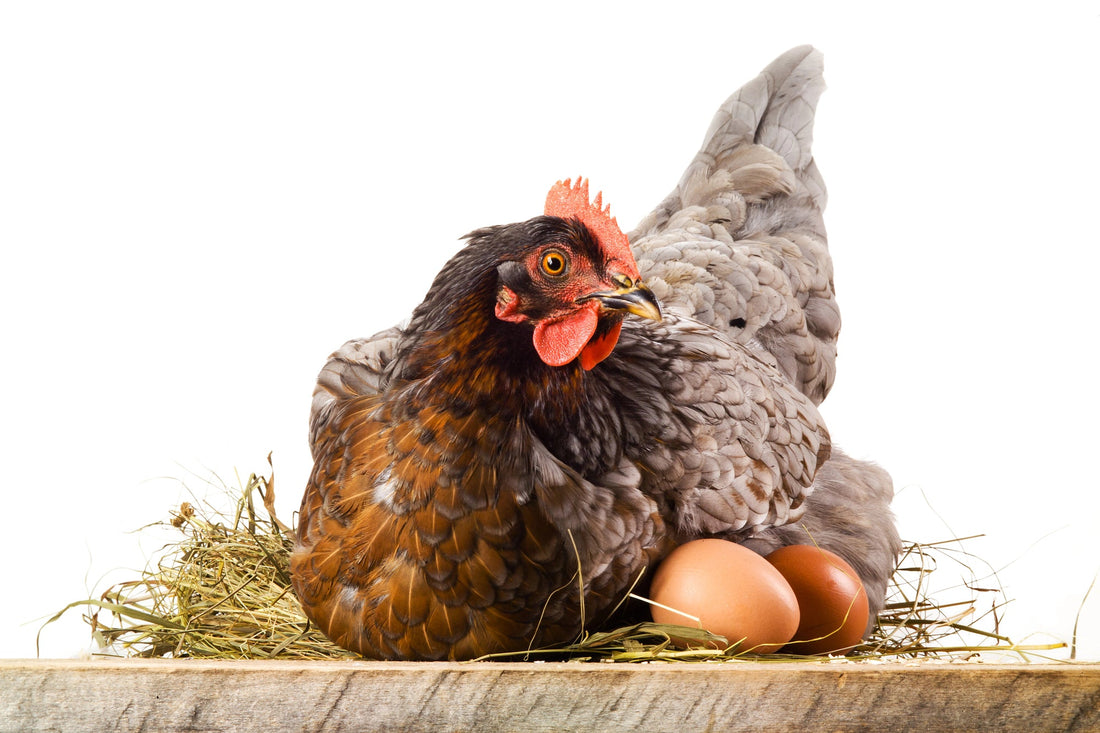The age-old question of which came first, the chicken or the egg, has puzzled humanity for centuries. This philosophical dilemma has found its way into ancient creation myths from cultures around the world, where chickens and eggs often play symbolic roles in stories of cosmic origin and the creation of the universe. In this article, we'll delve into the fascinating world of ancient creation myths, exploring the symbolic significance of chickens and eggs and the diverse cultural narratives that seek to explain the mysteries of creation.
The Cosmic Egg: Birth of the Universe
In many ancient cultures, the universe is believed to have emerged from a primordial cosmic egg, symbolizing the potential for creation and the birth of existence itself. This concept, known as the "cosmic egg," is found in creation myths from various civilizations, including Hinduism, Chinese mythology, and ancient Egypt. In these myths, the cosmic egg represents the embryonic state of the universe before its expansion and differentiation into the myriad forms of existence. The cracking open of the cosmic egg symbolizes the emergence of life and the beginning of cosmic order, with chickens often depicted as guardians or creators of the egg.
The World Egg: Foundation of the Earth
Similar to the cosmic egg, the concept of the "world egg" appears in many creation myths as a symbol of the foundational elements of the earth and the origin of life. In Norse mythology, the giant Ymir emerges from the primordial chaos of Ginnungagap and gives birth to the world egg from which the earth and heavens are formed. In Chinese mythology, the goddess Nuwa is said to have created the world by repairing the broken shell of the cosmic egg, symbolizing her role as the mother and creator of humanity. Chickens are often associated with the world egg, serving as symbols of fertility, renewal, and the cycle of life.
The Egg of Creation: Birth of Deities and Heroes
In many mythological traditions, eggs are not only symbols of cosmic origin but also vehicles for the birth of gods, goddesses, and legendary heroes. In ancient Greek mythology, the primordial goddess Eurynome emerges from the cosmic egg and dances upon the waters of chaos, creating the earth, heavens, and all living beings. Similarly, in Egyptian mythology, the sun god Ra is said to have hatched from the cosmic egg of the primordial goose, symbolizing the dawn of creation and the power of divine regeneration. Chickens are often revered as sacred animals in these myths, serving as messengers of the gods and guardians of the cosmic order.
The Divine Hen: Symbol of Motherhood and Fertility
Chickens have long been associated with motherhood, fertility, and the nurturing aspects of creation in many cultural traditions. In ancient Mesopotamia, the goddess Inanna is often depicted with wings and surrounded by chickens, symbolizing her role as a fertility deity and protector of women. In Celtic mythology, the goddess Brigid is associated with the hen and the egg, representing the cycle of life, death, and rebirth. Chickens are also revered as symbols of motherhood and domesticity in many indigenous cultures, where they play central roles in fertility rites and rituals celebrating the cycles of nature.
The Egg of Chaos: Symbol of Transformation and Renewal
In some creation myths, the egg is not only a symbol of birth and creation but also of chaos, transformation, and renewal. In ancient Egyptian mythology, the god Khepri is depicted as a scarab beetle rolling the sun across the sky, symbolizing the daily cycle of death and rebirth. The egg is associated with the concept of the "primordial mound," representing the emergence of life from the chaos of the primordial waters. Chickens are often depicted as guardians or protectors of the egg, symbolizing their role in preserving the cosmic order and ensuring the continuity of life.
The Egg in Ritual and Ceremony: Symbolism and Significance
Throughout history, eggs have been used as symbols of fertility, rebirth, and renewal in religious rituals and ceremonies around the world. In many cultures, eggs are painted, decorated, or offered as gifts during spring festivals and celebrations of the vernal equinox, symbolizing the return of life and the awakening of the earth after winter's dormancy. Chickens are often associated with these rituals, serving as symbols of abundance, prosperity, and the cycle of life. The egg's symbolism transcends cultural boundaries, uniting diverse traditions in a shared reverence for the mysteries of creation.
The Chicken and the Egg: A Paradox of Existence
The age-old question of which came first, the chicken or the egg, has fascinated philosophers, theologians, and scientists for millennia. While the answer may elude us, the symbolism of the chicken and the egg in ancient creation myths offers profound insights into the mysteries of existence and the interconnectedness of all life. Whether as symbols of cosmic origin, fertility, or transformation, chickens and eggs continue to inspire awe and wonder, inviting us to contemplate the profound mysteries of creation and the enduring power of myth and symbolism.
The Legacy of Myth: Exploring Symbolism and Meaning
The ancient creation myths featuring chickens and eggs offer rich symbolism and profound insights into the mysteries of existence. Whether as symbols of cosmic origin, fertility, or transformation, chickens and eggs have played central roles in cultural narratives around the world, reflecting humanity's deep-seated fascination with the mysteries of creation. By exploring these myths and their symbolism, we gain a deeper appreciation for the interconnectedness of all life and the enduring power of myth and storytelling in shaping our understanding of the world.

